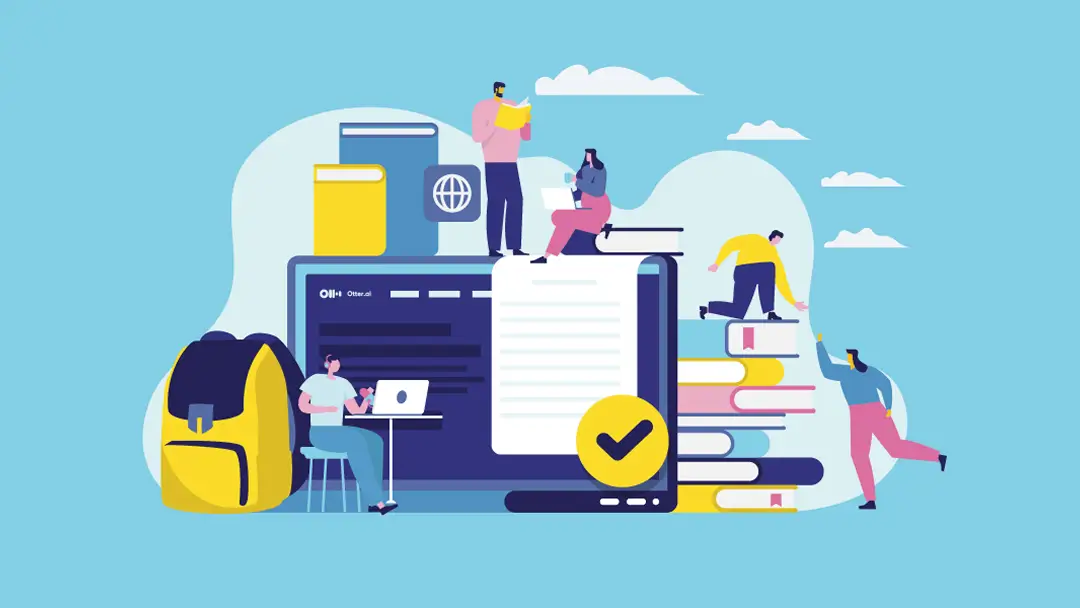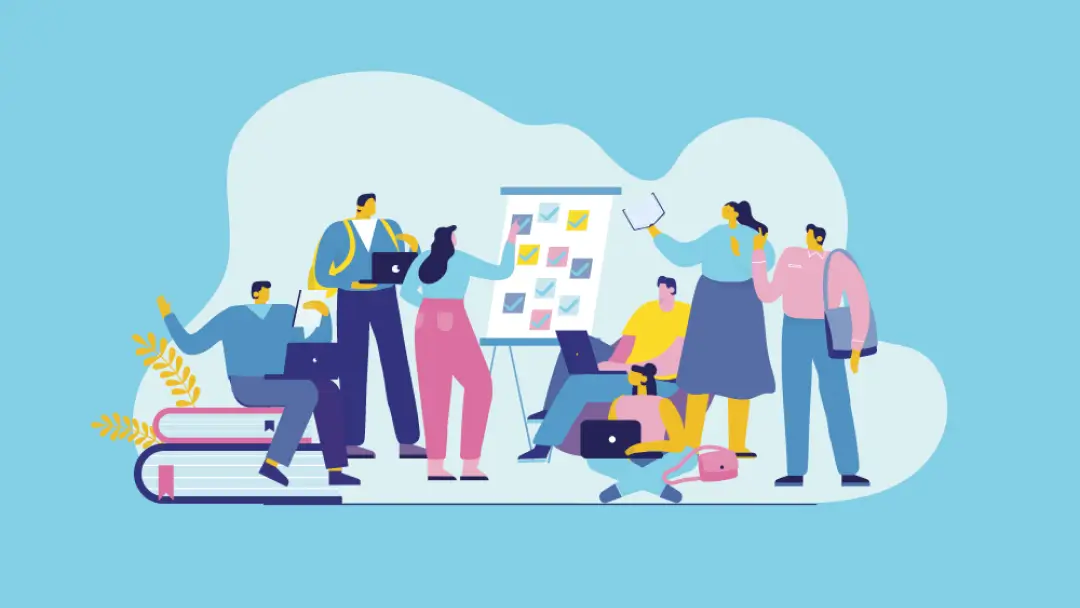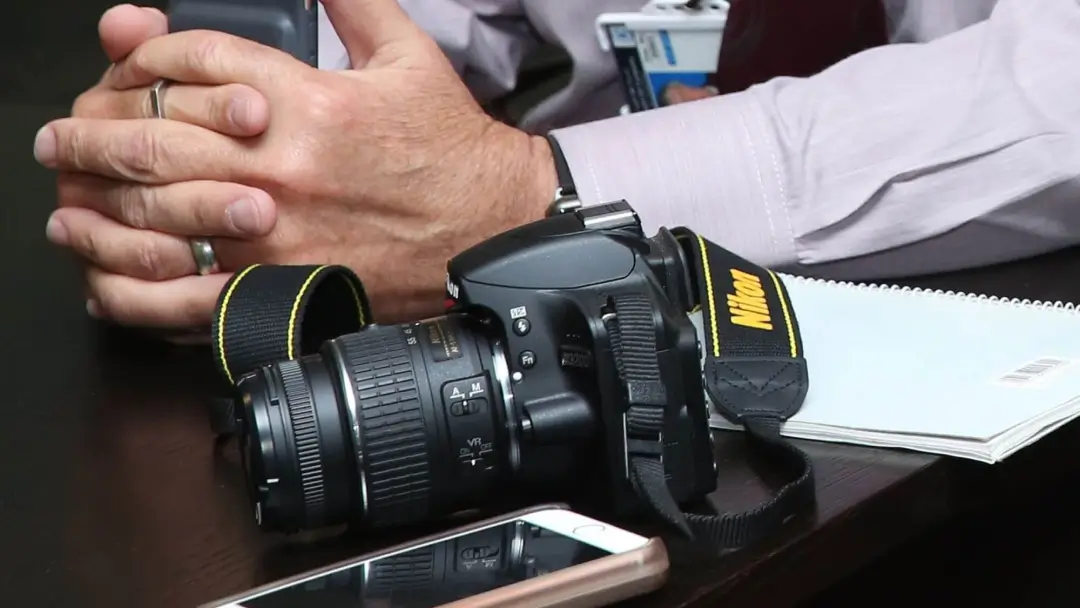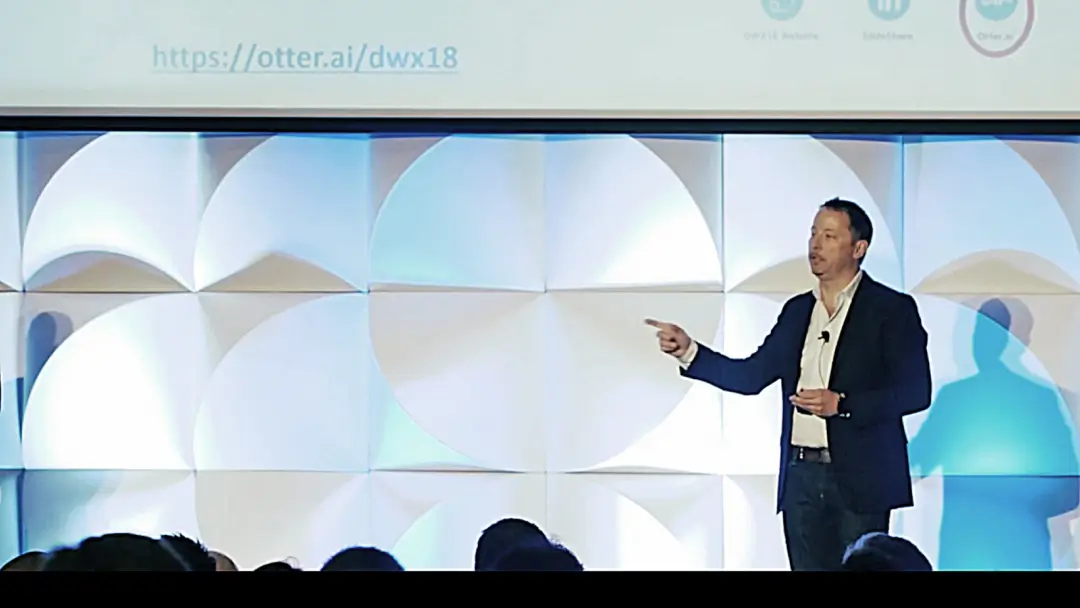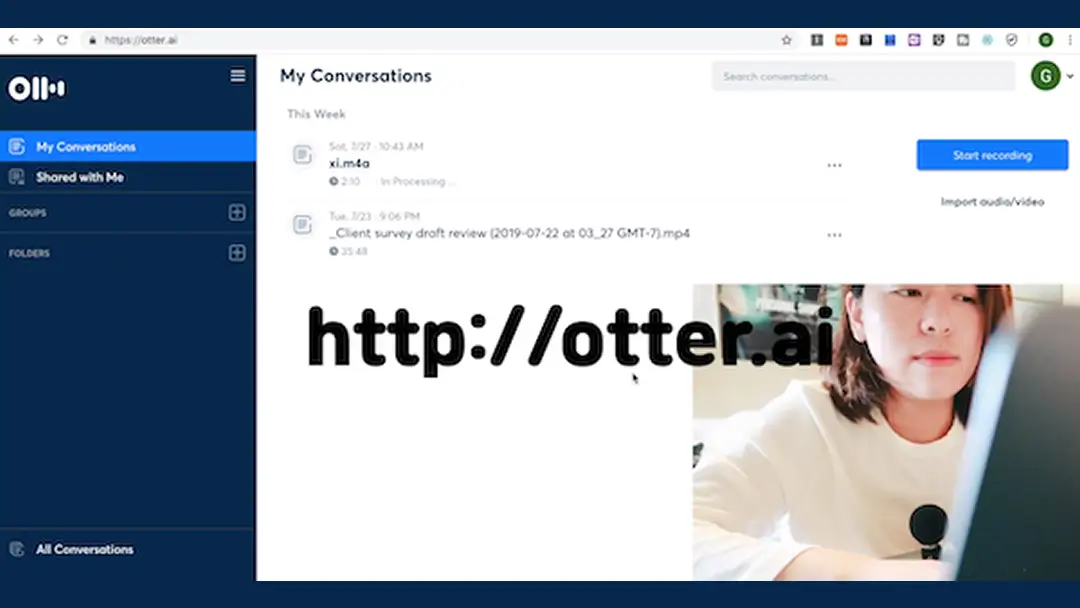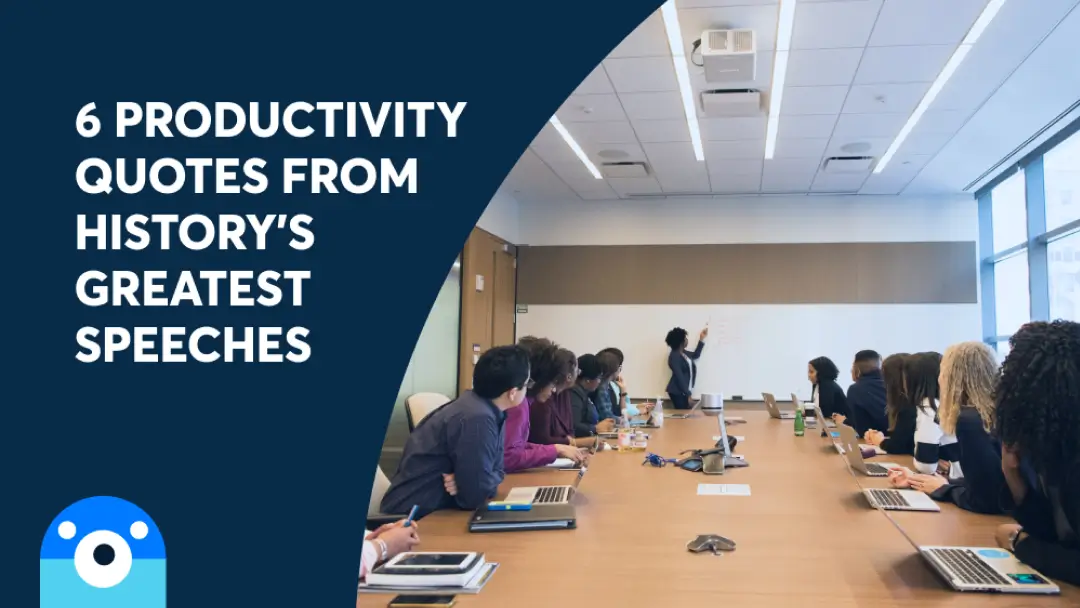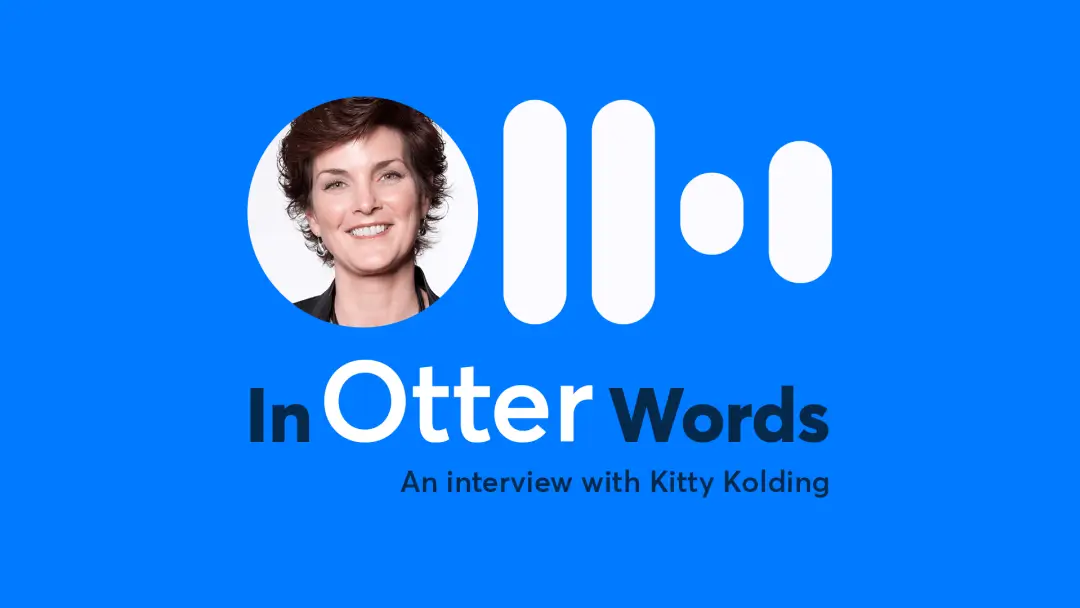Otter Brings AI to the Campus
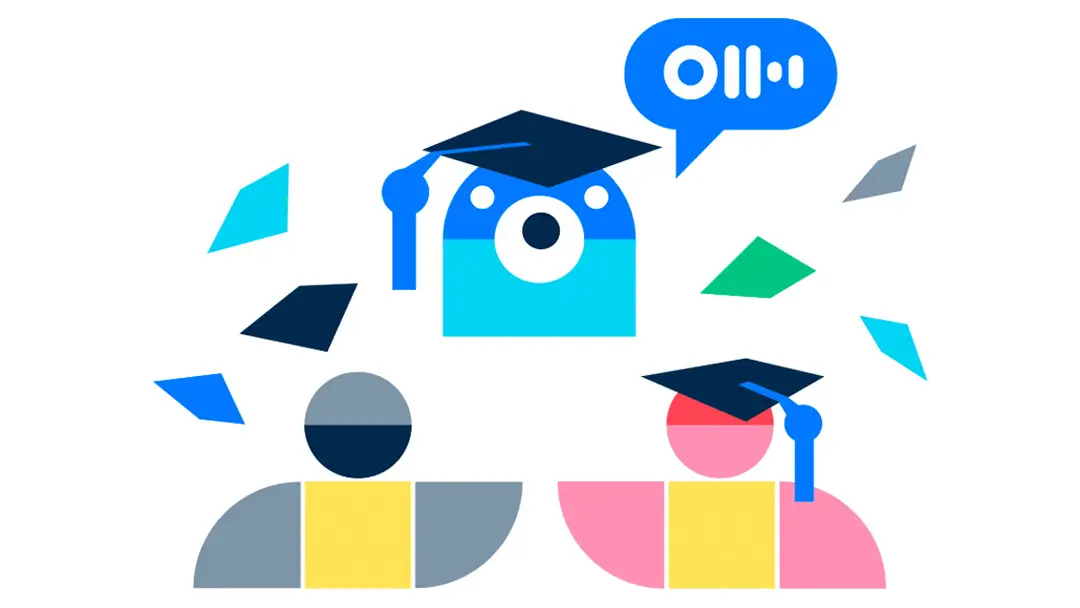
As an adjunct professor at the American University School of Communicationsand an occasional contributor to the Otter Voice Notes blog, I feel like the living embodiment of the crossroads where AI transcription technology and education meet.
And now that school is back in session, I have been confronted with a big question: Should I let students use this incredibly effective new technology to record my lectures and get instant transcripts of them? The answer, after thinking about it a bit and hearing a few other perspectives, was an easy yes.
Now my decision to allow students to use Otter may appear to be fueled by self-interest as I have written about Otter Voice Notes for its developer, Silicon Valley-based Otter.ai. But I am truly convinced that Otter can serve many purposes, including education. It is quickly getting widely recognized in the tech world and beyond as an incredibly useful tool that offers great assistance in a variety of ways.
At the recent TechCrunch Disrupt conference in San Francisco, for example, Otter was the app chosen to handle live transcription for all of the events, giving attendees the chance to get real-time, accurate transcriptions of what was being said by the many expert panelists on hand. Then, on a personal note, Otter has saved me many hours (and potential dollars) when I used it to transcribe interviews for my documentary film project.
So, to my question of whether to allow it in the classroom or not — and more to the point, what ultimately made me decide to let my students use it? To reach my conclusion, I asked around before the school year began to hear different perspectives.
One profound thing I learned was that AI transcription technology is making a real positive impact for students with learning differences. Kathryn Fernandez, the Executive Director for Campus Accessibility at Tulane University, expressed excitement about what Otter can offer Tulane’s students who require note-taking assistance, and the school is giving the app a try this academic year to accommodate those students.
“It could be because they have a disorder that makes it more difficult for them to process information, it could be because they have hearing loss, it could be for any number of reasons. But we have a fairly large number of students who can benefit from a note-taking service,” Fernandez explained.
Tulane University is trying out Otter for certain students this school year.
“Otter, I think, so far is the most comprehensive in terms of the services they provide, because it’s not only audio recorded, but you have captioning that has the ability to distinguish between voices, and you can share the transcript or the audio recording via email or text after the fact. So it just kind of provides a lot of different services that can replace traditional note taking. And I think that’s where we’re going to see students getting the most out of it.”
According to Fernandez, her department in the past would get other students who are in the same classes with students who need some accommodation, to share notes with them. But, she pointed out, humans are fallible and limited as to how much we can retain. Furthermore, the note takers — who certainly mean well — may be filtering the information through their own understanding of the course materials. So those notes might not be truly objective. Also, some days, the note takers are simply unavailable to go to class.
Veronica Hazard, who works at Western Kentucky University as a coordinator for hearing impaired students at the school’s Student Accessibility Resource Center, was also enthusiastic about the usefulness of Otter’s AI transcription technology.
“…this will enable students to become less reliant on peers in the classroom…”
“We are excited about the prospect of sharing Otter as a note taking solution for students. We anticipate that this will enable students to become less reliant on peers in the classroom and will also provide a solution for students to lean on once they have graduated,” she said.
Putting aside the significant help Otter can offer students with learning differences, Otter can also help any student who is conducting interviews for research.
“The tool saved me a great deal of time in transcribing the interviews…”
Daniel Kaplan, who is pursuing a Master of Social Work degree at the University of Michigan, was looking for an effective transcription tool when he learned about Otter.
“I was really happy to find out about Otter. I used it to conduct seven interviews this summer,” he said. “The tool saved me a great deal of time in transcribing the interviews and incorporating relevant excerpts into the evaluation’s analysis.”
Kaplan used it for a program evaluation he was doing for a Jewish organization and he was impressed that Otter got better at picking up specialized vocabulary the more he used it, particularly words like: “rabbinical,” “Israel,” “Palestine,” “rabbi” and “cantor.”
“It did a great job of learning my voice and the voices of people I interviewed.”
Caroline Gardner is currently a journalism student at Georgetown University and she found out about Otter earlier this year as a reporter for the school’s newspaper, The Hoya. Her colleague suggested using the app to her one time when she was struggling to find the key quotes she recorded at an event before deadline, and she says after that Otter became a game changer for her.
During her summer internship with a prominent political publication in Washington D.C., she explained that instead of stressing about writing every word that a senator would say, she could focus more on the actual content being discussed when she used Otter. After finding the app to be so beneficial, she is now an Otter evangelist.
“I am in a journalism program with 41 other aspiring reporters and I have told everyone who will listen to me about this app,” she stated with great enthusiasm.
So after hearing these different views, I think that if my students use Otter, they can focus more on what is being said during the actual lecture or classroom discussion instead of scrambling to jot down the highlights and getting lost in their laptops.
Of course, Otter usage could give some students an easy opportunity to not pay attention in class, and many professors take a no technology approach in the classroom, including laptops or tablets in response to that. And part of me feels a little old school, as I’m used to a world where students take good notes or they miss out.
But then again, I teach a course called Digital Media and Culture, so it would be a little weird if I didn’t allow it, I think. And after hearing about all of these ways that Otter helps people, I am perfectly fine with students using it. In fact, when I teach the class about disruptive technology, there is a certain AI voice transcription app I can think of that can serve as a great case study.
Joel Gershon is an adjunct professor at American University School of Communication. He has written and produced print and broadcast work for many news organizations including: CNN, Monocle, Wired and New York Magazine, and he was a TV reporter, producer and editor for the National News Bureau of Thailand for three years. He will soon release his first feature-length documentary film “Cirque du Cambodia”’in early-2019.




